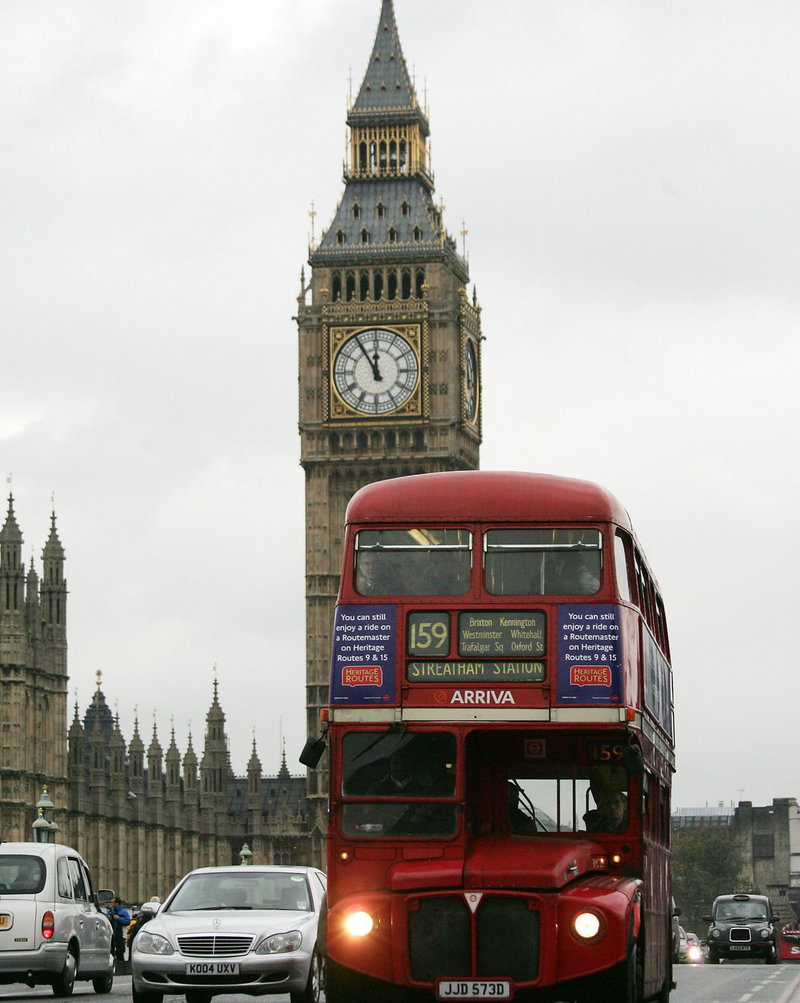THE CULTURAL TIGHTROPE
YOU WANT SOME?
After so much time without being able to visit due to travel restrictions and health concerns, I have actually visited my homeland three times in the last two months. I never intended to, but my mother’s age and an opportunity to visit an old friend in London to see a particular show I wanted my son to see meant the three trips were all squeezed in at the end of the year.
Now, whenever I visit my homeland I am always on the lookout for content for this column, because that’s why I started writing it in the first place, to make cultural comparisons with my adopted homeland after making Catalonia my home so many years ago. The thing is, I started writing it because cultural phenomena about Catalonia used to seem strange to me, but now it is the other way around. Now it almost feels like I am a foreigner in my own country when I return there, which, although somewhat disturbing on a psychological level, still serves the purposes of this column nicely. And even more so when my Barcelona-born adult son joins me on my travels, since he is keen to learn more about the ways of his father’s people – to put it in more poetic terms – having spent his early childhood in Girona and the rest in Barcelona.
And I do have plenty to report from the land of Brexit. But without going into politics and what seems to me to have been the utterly ruinous decision of breaking away from the EU – witness the disastrous economic and social state of affairs currently gripping the UK, with no foreseeable light at the end of the tunnel – I’ll refer to an anecdote from our trip to London in early December, where my son got to witness first-hand a rather shocking side of my country’s character.
There we were, walking down the street in the direction of my friend’s house in North London, when the three of us – my friend, my son and myself – inadvertently caused a bottleneck on the pavement between the terraced houses and parked cars, some 50 yards from a bus stop. At that moment, a bus passed us and I heard an admittedly slightly impatient voice from behind say “Can I get through please?” I made way for the man, who was clearly trying to catch the aforementioned bus, and he hurried past us. So far, nothing unusual. But then, quite out of character for someone I’ve known for around 35 years, my friend said “Alright grandad!” I hadn’t yet seen the appearance of the man in question, and when he turned to confront us with that very typical British arms-out pose that signifies “Come on then, you want some?” I was fairly astounded to see that he was roughly the same age as my friend and I – that is, mid-50s – and resembled a university professor in his tweed leather-elbow patched jacket, rather than a member of some fearsome London gang. I almost laughed at the rather preposterous sight of this bespectacled man approaching pensionable age challenging the three of us to a fight, but, realising that would only inflame the situation, I managed to contain my mirth and calmed him down with a soothing gesture relaying the well-known British message of “It’s not worth it mate”.
The upshot of this encounter was threefold: a) the man missed his bus, b) we had something to talk and indeed laugh about on the rest of our walk home, and c) my son got to express his incredulity that a man of advancing years would be willing to get into a street fight with three strangers over a disparaging remark. But that is simply part of his ongoing education over his father’s culture. Looking at someone the wrong way can get you into trouble, let alone shouting ironic remarks at them in the street.
Opinion


